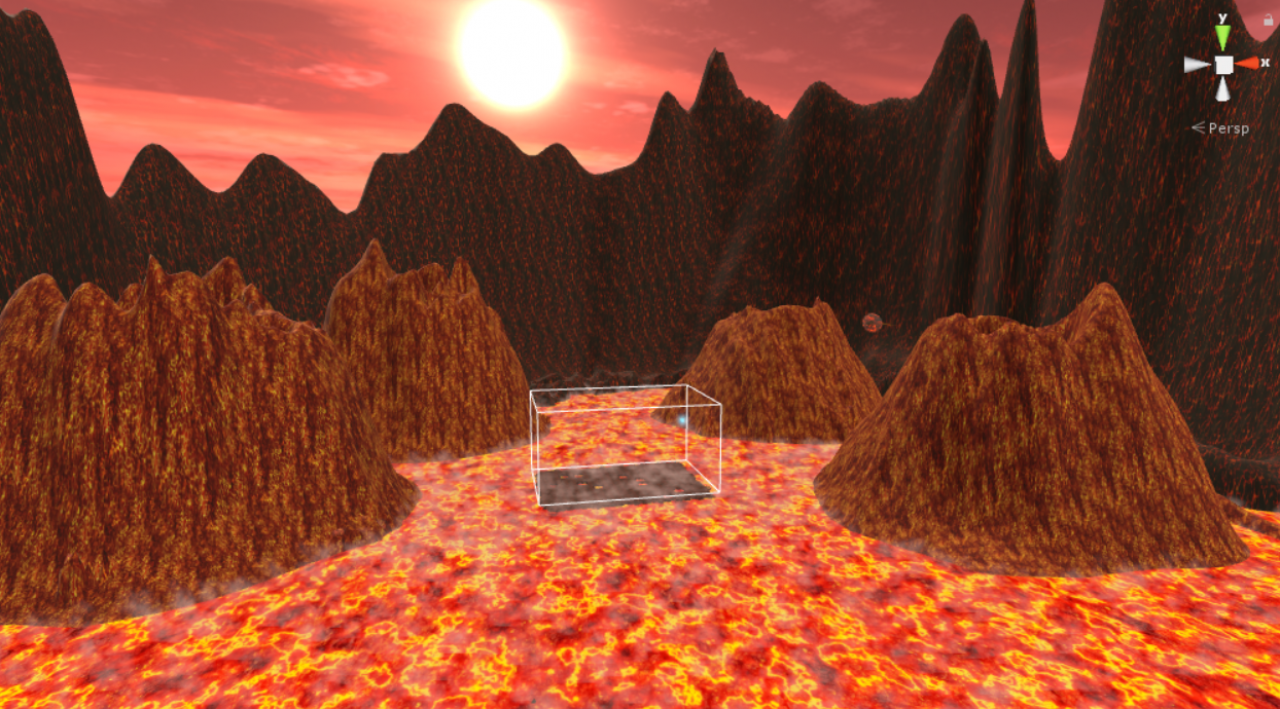|
|
||||||||||||||||||
MS Thesis Defense: “ETNA: a Virtual Reality Game with Affective Dynamic Difficulty Adjustment based on Skin Conductance”
Participants: Simone Amico
Date & Time: May 8th, 2018, 10am Location: 1000 SEO Defense committee: Andrew Johnson, Chair and Advisor G. Elisabeta Marai Marco D. Santambrogio, Politecnico di Milano Abstract: The video game industry is growing year after year, but one of the main problems that most developers have is how to address the right difficulty of a game to satisfy all the players that have different skills and different attitudes toward the game. The most used method to achieve this goal is the performance-based dynamic difficulty adjustment (DDA), i.e. modifying the difficulty of the game according to the score of the player. Often, it is not enough to rely only on the score to adjust the game’s difficulty. It is important to consider the emotional state of the person because each player is different and can enjoy playing the game in different ways. This is why affective-based DDA methods should be considered to adjust the difficulty of a game. Moreover, thanks to Virtual Reality, people can do physical exercises while playing the game and motivating them by implementing the best DDA method is even more important. In this thesis I first discuss the performance-based and affective-based methods implemented in other games and researches, and the background theory related to flow, arousal, and skin conductance. Then, a Virtual Reality game called ETNA (Entertaining Training Neuro Affective) has been developed in 3 variants, one implementing a performance-based only DDA, one implementing an affective-based DDA only, and one implementing a mixed perfo-affective DDA, with both of them active at the same time. A user study was conducted and the results showed that affective gaming can be implemented in Virtual Reality to improve the overall gaming experience. Moreover, the perfo-affective method was the one which obtained the best results. Date: May 8, 2018 |